Here are 5 good reasons why!
Are you a musician, music lover or teacher who can devote a week to discovering Edgar Willems’ pedagogical approach or learning more about it? Then this Congress is for you!
Here are 5 good reasons to take part:
- The curiosity
- Broadening its own teaching practices
- Exploring specific topics in greater depth
- The musical life
- Exchanging ideas with fellow members
1. The curiosity
Do you have a vague idea of what the “Willems Method®” is?
A Method?
Yes, but not only that: a breath of artistic inspiration!
This Congress will shed light on the vast panorama covered by the shorthand “Method”.
Because while a method is needed to plan and design a coherent music education programme from the initiation of very young children to the professional level, it is not enough to provide the inspiration essential to the artistic and human dimension needed to make music.

Pedagogical progression
If the artistic and human dimension is omnipresent in the practice that it vitalizes, one of the characteristics of the proposal of Edgar Willems is the pedagogical progression in 4 degrees, which mark out the stages necessary to the acquisition of the bases of the musical language going from the oral one to the written one to return to the oral one while passing by the interior hearing.
Public lessons with children
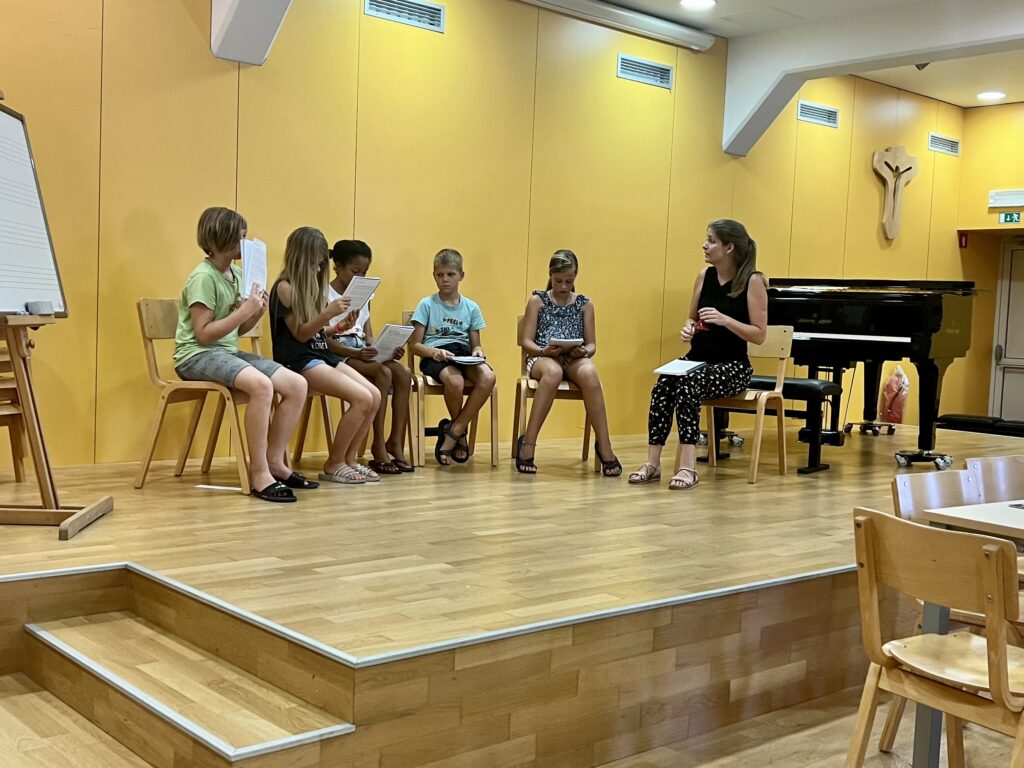
Each day, a lesson will be presented with children, allowing us to see and feel the stages of progression that lead children to be ‘musicalised’.
This is undoubtedly the best way to understand the density of the work involved in training both complete musicians and creative human beings who listen to others.
Because musical education has the virtue of balancing and harmonising the 3 dimensions of the human being – physical, emotional and mental – to facilitate social life.
2. Broadening its own teaching practices
Discovering or rediscovering the questions that enable us to move forward
Educators who have been in the profession for more or less time generally ask themselves questions about their practice. Are we still in tune with today’s youth? Where do we draw the line between fashionable practices and (more or less demagogic) rhetoric, and the basics needed for a real musical education? What are the answers to the problems encountered over the years?
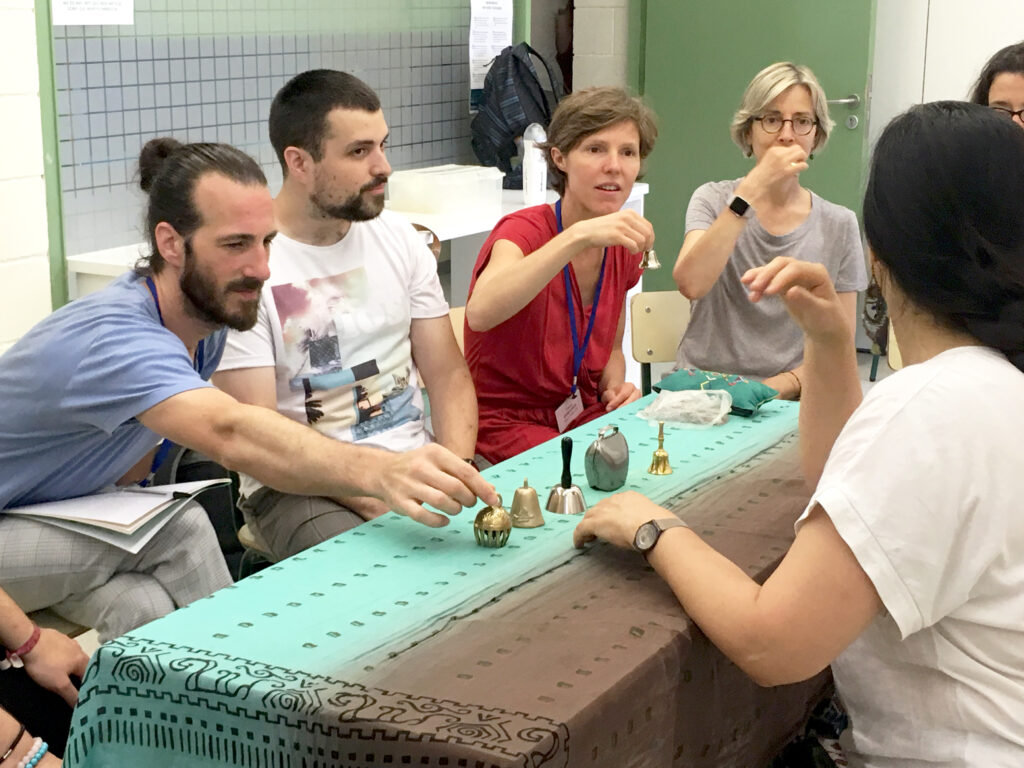
Fortunately, Edgar Willems doesn’t have all the answers!
However, he does offer analytical keys, based on observation, that enable everyone to diagnose the causes of difficulties, opening up possible ways of remedying them.
Concrete answers in workshops
In the workshops offered at this Congress, all the major stages in the progression will be taken up and developed with the participants:
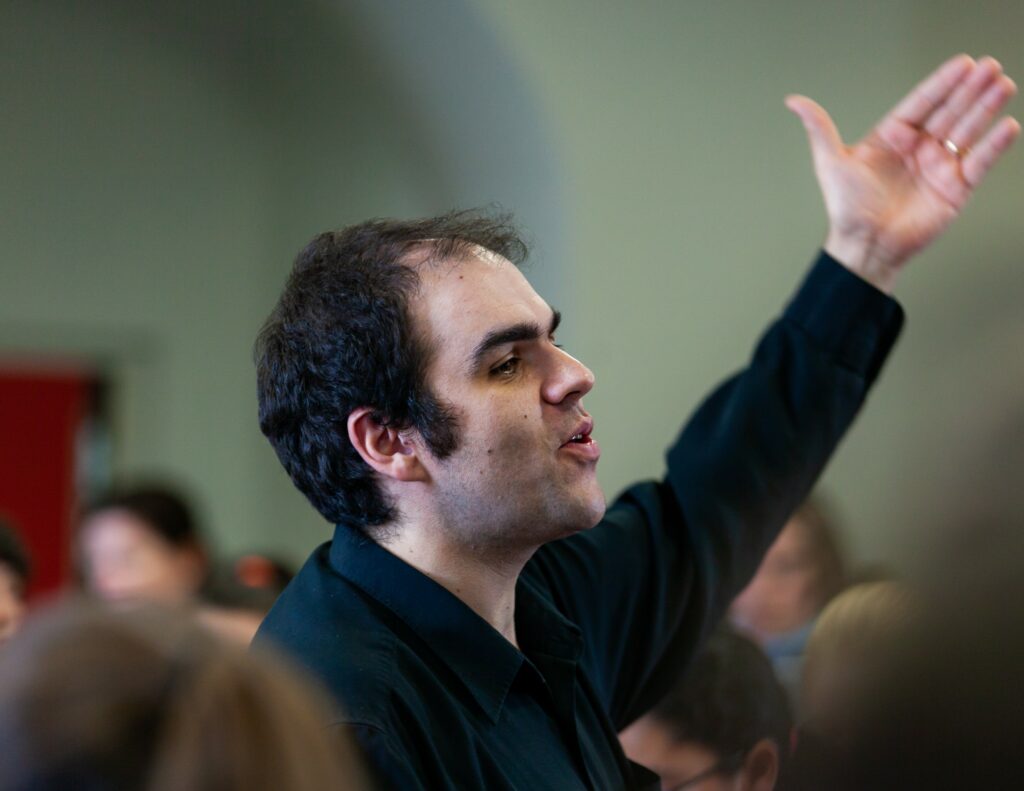
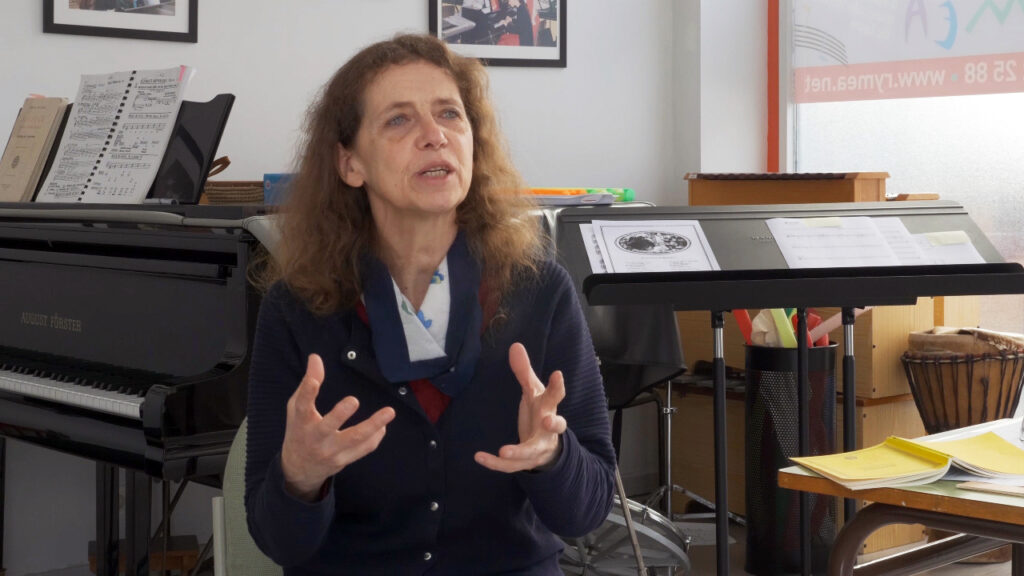
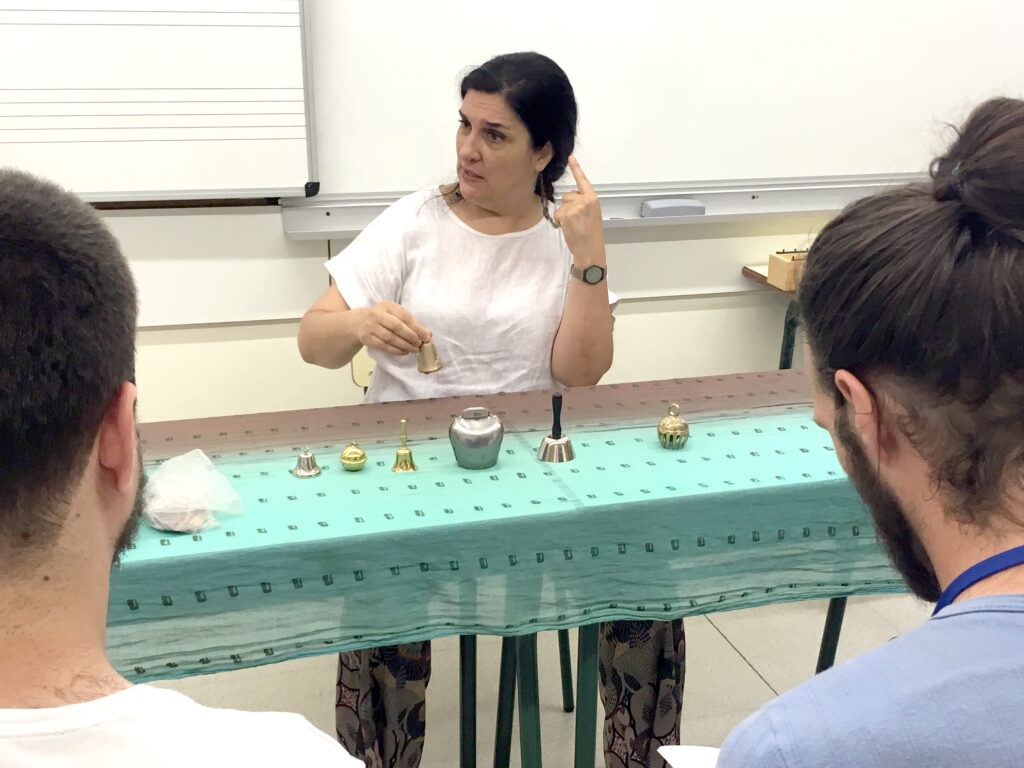
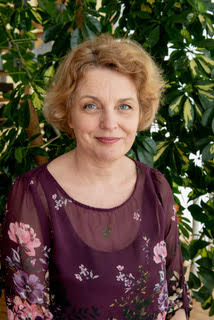
- The transition from 1st to 2nd degree.
- The delicate nature of the introduction of reading and writing.
- Musical solfeggio, and not just theory.
- Instrumental beginnings as an extension of musical initiation and music theory.
- Improvisation in every aspect of this vast programme: rhythmic, melodic, harmonic and instrumental.
- Corporal movement, so vital, from initiation to personal practice.
- Keyboard harmony, to make music education lessons richly musical.
- Directing children’s choirs and choral singing, singing being at the heart of musical education. It’s not enough to love singing, you also need to know how to lead a group so that they experience the pleasure.
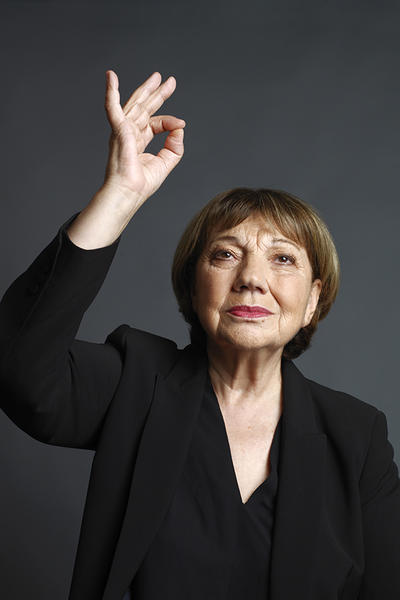
Présidente – France
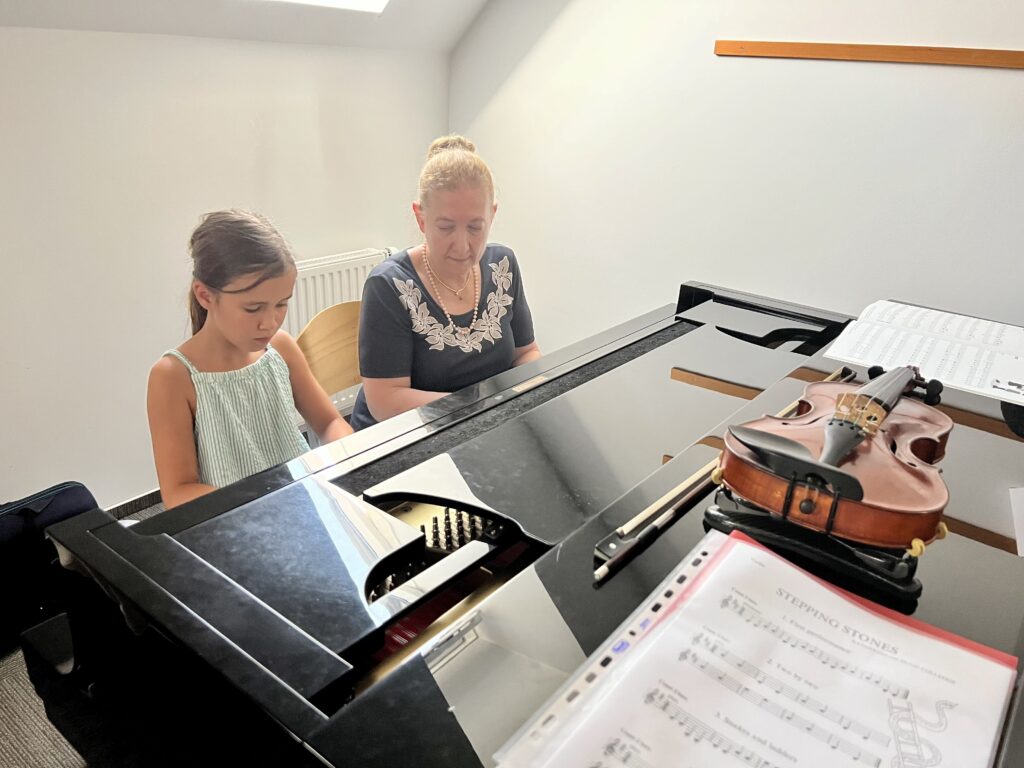
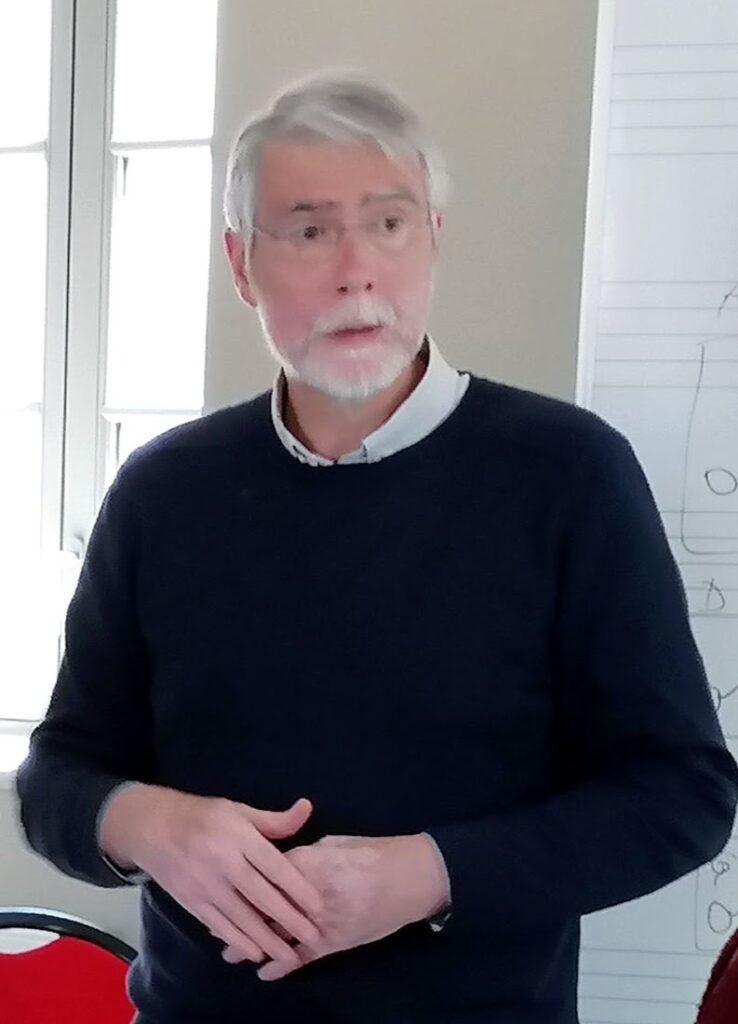
3. L’Exploring specific topics in greater depth
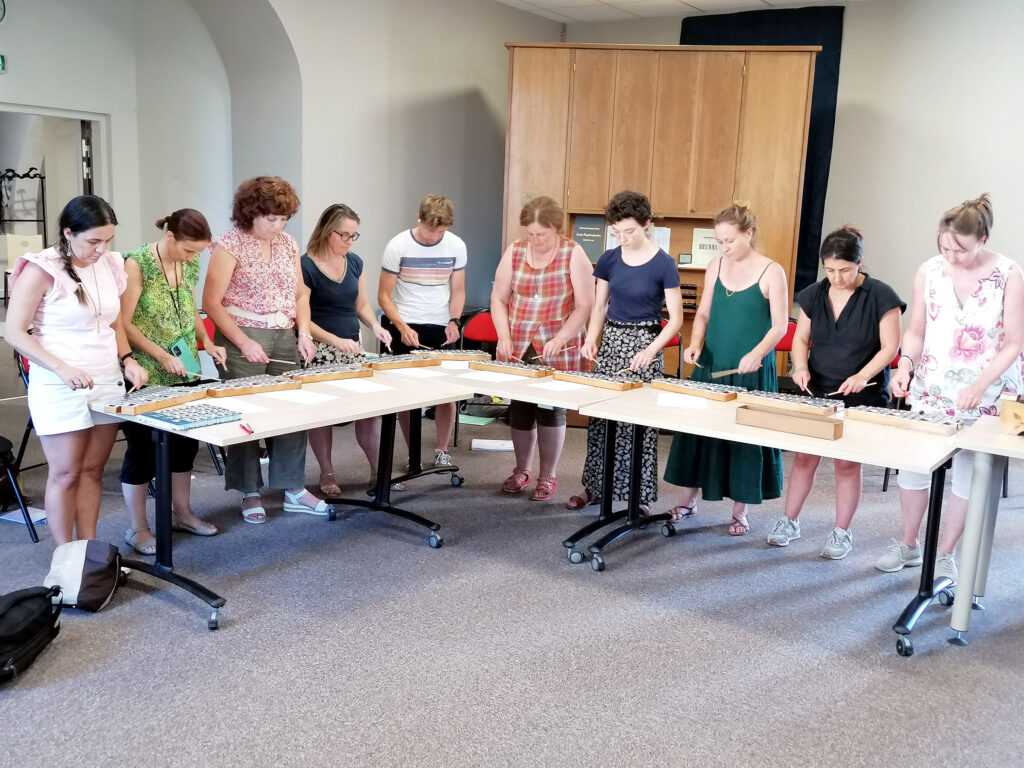
The workshops listed above are almost all presented in duplicate, by two different speakers. This is a particularly interesting opportunity to learn about, compare and contrast practices, and to gain some perspective on the issues addressed.
You will notice that the same subject is presented very differently by each speaker, which shows that Edgar Willems’ educational approach is not dogmatic.
So, for example, you can experience “Body Movement” very differently with Béatrice Chapuis-Westphal from Lyon and at another time of day with María-Ángeles Pérez-Lancho from Salamanca!
4. The musical life
The Congress celebrates musical education. So it’s only natural that it should be peppered with concerts!
5 concerts are scheduled to delight our ears:
- Monday 17: Chamber music by a wind ensemble from the Udine Conservatoire.
- Tuesday 18: An original programme inspired by Anne Franck’s diary “Anelies”.
- Wednesday 19th: Organ recital by Thibaut Louppe.
- Thursday 20: Violin and piano duet by Laura and Franca Cividino.
- Friday 21: FIW General Meeting
- Saturday 22: Closing concert by the young singers of the Willems® International Choir, who will complete their week’s work in parallel with the Congress.

5. Exchanging ideas with fellow members
Throughout the week, you’ll be able to talk to people interested in the same subjects, driven by the same curiosity, from France, Spain, Italy, Slovenia and sometimes even further afield! After the times of confinement and isolation we’ve experienced recently, let’s make the most of this opportunity to open up to the world!…
Online registration form – Click here
Enjoy the Congress!
